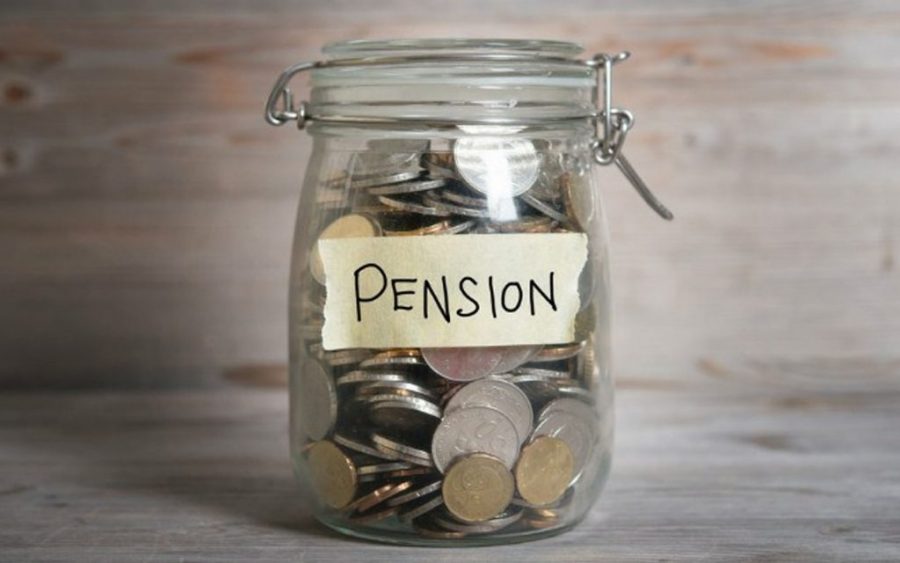This question is really asking how you would allocate N1 million amongst different asset classes. But before we consider that, let us start from the basics.
What are asset classes?
Asset classes are securities that exhibit the same characteristics. For instance, Fixed Income as an asset class, will include all financial instruments that pay fixed returns. They will range from “risk free” securities like Sovereign Bonds, to risky junk Bonds issued by the private sector. Look at asset classes as cars that take you to an investment destination.
Variable income as an asset class group will include all financial instruments whose return are not fixed, but variable in nature. These asset classes range from Equities, to include Real Estate Investment Trust (REITS), and even Derivatives.
Rule of thumb, Fixed Income Assets are less risky than variable income stock.
So, how would you allocate N1 million?
Well, it depends on:
- your age,
- how much risk you are willing to take, and
- how long you want to wait before you need your principal.
[Read Also: Does one’s fat salary automatically guarantee wealth?]
To be clear, we are investing, not saving. What is the difference? Saving is simply the act of putting money away, while investing is the act of putting away money with a specific objective in mind, and the expectation of a return. When you invest, you expect a return.
First consideration: how old are you?
Age is a very important factor because the younger you are, the more risk you can take. Why? If you are younger and you lose all your investment capital, you have a better chance of starting over and replacing lost income. Also on a positive note, age in finance means more compounding periods i.e., age means that your investments have more opportunities for earning to be ploughed back to grow.
If you are younger, you should invest more in variable income securities like shares, because over time they offer greater chances of higher returns, but with a higher risk. If you are nearing retirement, then you should not under any circumstance invest more than 20% in variable income securities like shares, no matter the return potential.
Second consideration: What are your objectives?
If your investment objective is to grow your investment capital with a Capital Appreciation Goal, then you want to invest in variable income asset classes like shares. This is because variable income securities have a higher propensity to beat inflation than fixed income securities. Keep in mind that more variable investment means more risk.
If, however, your objective is to protect your principal from loss with a Capital Preservation goal, then you should invest in fixed income. The risk here is that your returns may not beat inflation.
Last Consideration: How long do you have to stay invested?
If you have a long investment horizon, meaning if you can keep your investment capital in the financial market without seeking it back in more than five years, then you want to stay in variable income; specifically equities. This is because equities as an asset class have a high propensity to beat inflation.
[Read Also: Why you should measure the performance of your investments]
However, if your will want your investment capital back in say less than 24 months, it is advisable you invest in fixed income because you can determine exactly how much you will get back in 24 months.
Let us look at scenarios:
- Recently-employed 21-year old Ade, was gifted N1 million by his rich aunty. He wants to save this to fund his wedding in 10 years. How should he deploy this fund?
I recommend:
- 70% in Variable Income, specifically mid and large capitalization stock
- 20% in Fixed Income, specifically 2yr Saving Bond
- 10% in Cash as Money on Call with a Bank
Why?
- Objective is long term capital appreciation.
- He may need cash before 10 years, so I invested 20% in safe government bonds payable every 24 months. This is also diversification to protect the portfolio.
- He may need good old cash to buy his engagement ring, we put 10% in a bank to prevent breaking any invested principal before maturity.
2. Okoro, 64, about to retire, received N1m as gratuity advance payment. How should he deploy this?
[Read Also: Investment options for salary earners]
I recommend:
1. 80% in Federal Government Bonds. However, we will “ladder the investments as below:
a. N200,000 in 2-year bonds
b. N200,000 in 3-year bonds
c. N200,000 in 4-year bonds
d. N200,000 in 5-year bonds
2. 20% on “call” in a bank?
2. He is a retiree; investment objective is capital preservation. He has zero risk capacity. Variable income is a no-go area. However, even within fixed income we have done tactical asset allocation within the fixed income asset class.
3. We have “laddered” his investment so that his principal investment comes due every year for the next 5 years. This allows flexibility to invest if rates rise, but also carry the risk that if rates fall, he is not locked.
4. 20% as cash in a call account ensures that he has cash for emergencies and does not break his tenured investment
These case studies have picked both extremes of investors. You may find yourself with similar objectives as either examples, e.g., low risk profile but seeking capital appreciation, which then means that you need a balanced portfolio.
Whatever you do decide, keep in mind that when choosing where and how to invest, you must consider the variables of:
1. Your age
2. Your investment objectives
3. Your risk profile























Hello thank you for the insightful article. Please can give a scenario for someone between 40-45 years. I am with on this age range.
Thank you for sharing your knowledge about short term and long term investment plans.
How can an average person get access to government bonds?
Through banks?
Hi Adeyemi, yes you can buy FGN bonds from your bank.
Hello Alfred,
What is the minimum amount required to buy FGN bonds from the Banks?
For FGN bond N50 million is the minimum but FGN savings bond the minimum is N10,000
Hello Kalu,
Great idea on apportioning percentages of the capital into several investments plans.
If I were to add to it:
I will assign 20% of the N1m gift into learning any craft of interest that has the ability to make returns within 12 to 24 months.
By so doing, depending on the other investments could virtually reduce over time if the business picks up.
I will definitely share
I am to happy to read this. Thank you.
So happy for you investment advice.
How can one buy FGN Treasury bill.
Thanks
Hi Dabs, you can buy Treasury Bills from the Primary Market Auction by visiting your bank if you have the minimum of N50 million but you also buy through your bank’s pooling system, some banks offer as low as N100,000 to be a part of their pooling system.
What’s the difference between FGN saving Bond and Treasury bill.
Thanks
Hi Dab, while both are fixed income instruments/securities, Treasury bills are issued by the Central Bank of Nigeria while Bonds are issued by the Debt Management Office.
This is very insightful.. I wish I read this few months back when my dad collected his pension and gratuity after 18 years of service.. but I’ll ask, for an SME Owner between 30-40 seeking to invest outside my business.. what do you recommend?
Great ideas !
But after investing the entire N1m,what do you advise that the investor do to keep his family upkeep intact and secure?
This is really good. Thank you for sharing